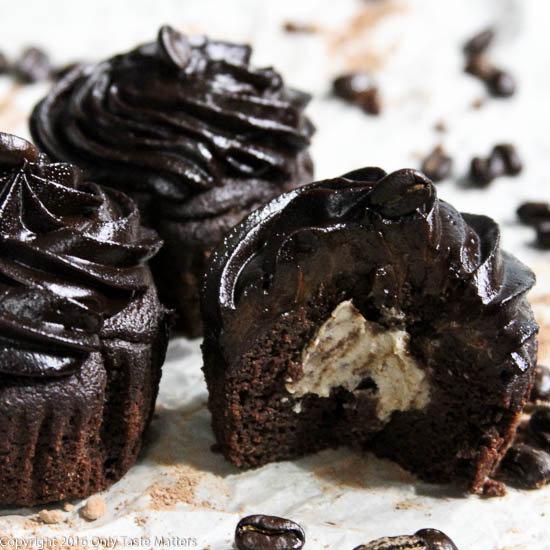I was taking a recreational baking class at a local culinary school and our teacher had to cancel at the last minute. She was having a family emergency so we were greeted by our substitute. The chef was the head of the pastry department for the professional program! What amazing luck! It was like winning the lottery! Well, not really, but it was pretty incredible.
Anyway, one of my classmates asked about the importance of weighing ingredients while baking. The chef lit up with pleasure and said it was very important. He told an anecdote about how on the first day of class he always has his professional students each weigh a cup of flour. “There can be as much as two grams difference!” Two grams! Oh my word! Two whole grams! Now for those of you who don’t know, two grams of flour looks like this:
Not exactly huge.
However, please keep in mind, he is training people to work in professional kitchens. Take two grams times 100 and you do have a rather large discrepancy. It is a very big deal. However, in home baking, two grams doesn’t amount to much (as you can see in the above photo).
Now we’ve all been told that the “right way” to bake is by weight, but it is never specified what kind of baking. In a professional kitchen, weighing the ingredients is necessary. Professional chefs deal with large quantities of ingredients. Just think of how much flour goes into a wedding cake or a few hundred tarts. If each cup of flour was off by two grams, that would amount to disastrous results.
But while professional baking is very precise, home baking isn’t that precise. Home baking is much more forgiving than we are led to believe. Now think back. Did your grandmother weigh her ingredients when she baked? Did your grandmother even own a kitchen scale? I doubt it but I am guessing her cakes or pies or muffins or biscuits were pretty damn good. The idea of weighing flour probably never even occurred to her.
Now we talked a lot about flour but what about the other ingredients? Let’s start with butter. Most recipes call for one or two sticks of butter. I guarantee whatever scale the butter manufacturer is using is much more precise than the one you bought in Bed, Bath & Beyond. Even if you need to cut the butter, if you follow the lines, odds are it is going to be right. Remember the profits these companies make depend on getting their measurements correct. They have a lot more at stake here than a good cake.
White sugar magically weighs exactly the same each time I scoop it out. Can’t explain it but I find it reassuring. Now brown sugar can vary. However, the constant is you. You are going pack it down the same way each time so any differences will become minor. Please keep in mind home baking is much more forgiving then we are led to believe.
Personally, when mixing batches of flour, I always weigh the ingredients. Afterall, I am mixing a large quantity of flour and gluten-free flours do demand a bit of precision. However, when I bake the cakes, I don’t use my scale. It is a compromise I have made between the two that works for me. Precise but not too time consuming. The other ingredients never touch the scale. The only exception is chocolate but only if I buy it as a slab and have no other way to determine its weight.
So “To weigh or not to weigh?” Well, it is up to you. And the secret is: There is no wrong answer.








2 thoughts on “To Weigh or Not to Weigh?”